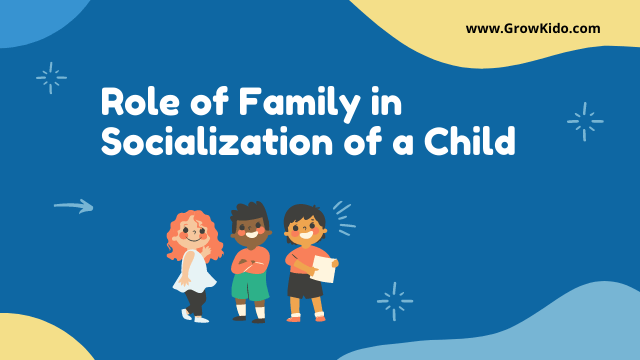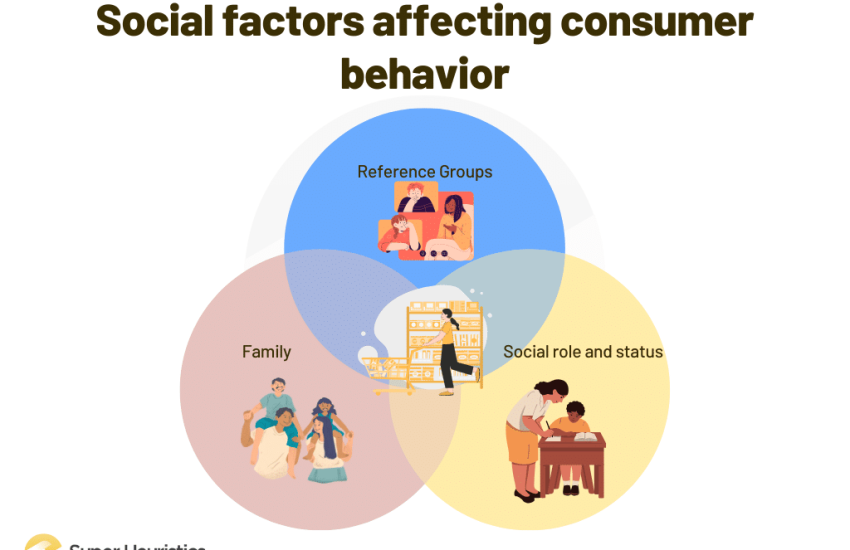The Role of Family in Socialization
When it comes to socialization, the family plays a crucial role in shaping an individual’s beliefs, values, and behaviors. From a young age, children learn how to interact with others based on the examples set by their family members. In this article, we will explore the importance of the family in socialization and how it influences an individual’s development.
Early Socialization
From the moment a child is born, they are exposed to social experiences within the family unit. Parents and siblings serve as the first socialization agents, teaching children how to communicate, behave, and interact with others. For example, parents may teach their children manners, empathy, and problem-solving skills through direct instruction and modeling. Siblings also play a role in socialization by providing opportunities for friendship, conflict resolution, and cooperation.
Values and Beliefs
The family is a primary source of transmitting values and beliefs to children. Parents pass down cultural traditions, religious beliefs, and moral values that shape a child’s worldview. For example, a child raised in a family that values education is more likely to prioritize academic success and lifelong learning. Similarly, a child raised in a family with strong religious beliefs may adopt those beliefs as their own.
Role Modeling
Family members serve as role models for children, demonstrating how to navigate social situations, manage emotions, and resolve conflicts. Children observe and imitate the behavior of their parents, siblings, and extended family members, learning valuable social skills in the process. For example, a child may learn how to communicate effectively by observing how their parents handle disagreements or how to show empathy by watching how their siblings comfort each other.
Emotional Development
The family plays a critical role in shaping an individual’s emotional development. Children learn how to regulate their emotions, express empathy, and form healthy relationships through interactions with family members. For example, parents provide emotional support, comfort, and guidance during times of stress or uncertainty, helping children develop coping strategies and resilience.
Impact on Socialization Outside the Family
The socialization that occurs within the family has a lasting impact on an individual’s interactions with others outside the home. The values, beliefs, and behaviors learned in the family influence how a person navigates relationships, communicates with others, and resolves conflicts in various social settings. For example, a person who was raised in a family that values honesty and integrity is more likely to uphold these values in their interactions with friends, coworkers, and community members.
Conclusion
In summary, the family plays a pivotal role in socialization by shaping an individual’s beliefs, values, behaviors, and emotional development. From early childhood through adulthood, family members serve as the primary socialization agents, teaching children how to interact with others and navigate the complexities of social relationships. By recognizing the important role of the family in socialization, we can better understand how our family experiences have influenced who we are today and how we interact with the world around us.
Remember, the family is where it all begins, and it is where we learn the foundation of socialization that shapes who we become as individuals.


